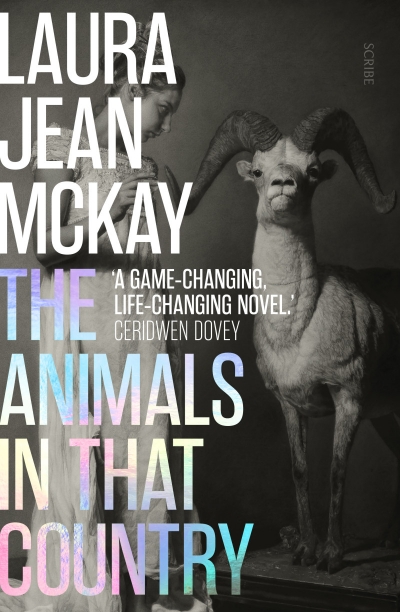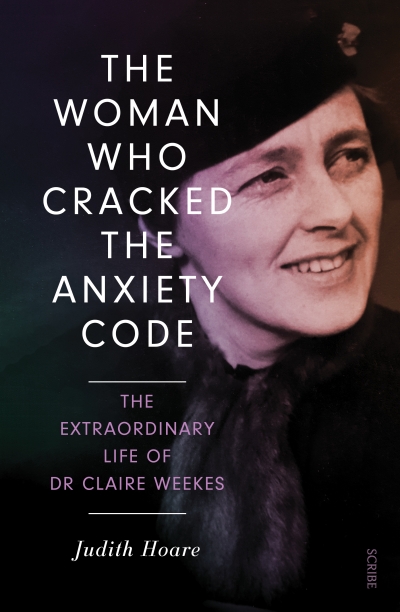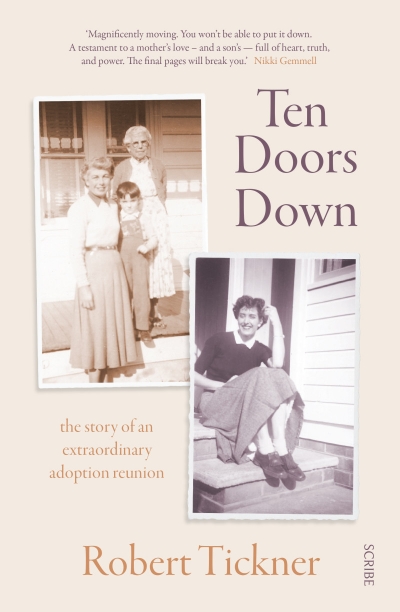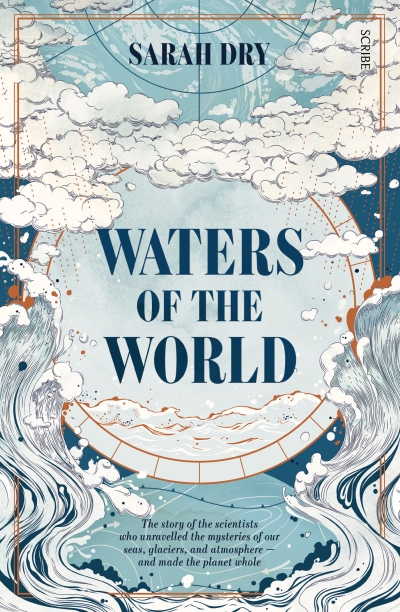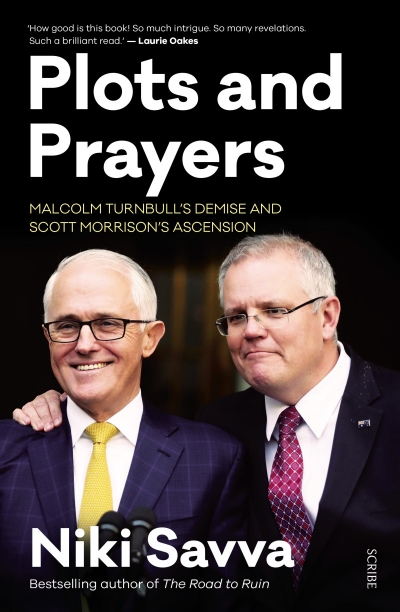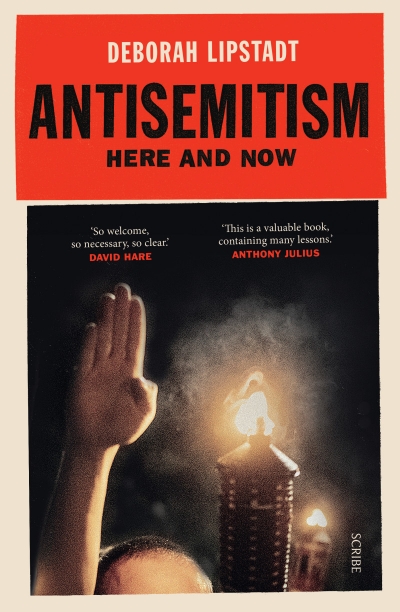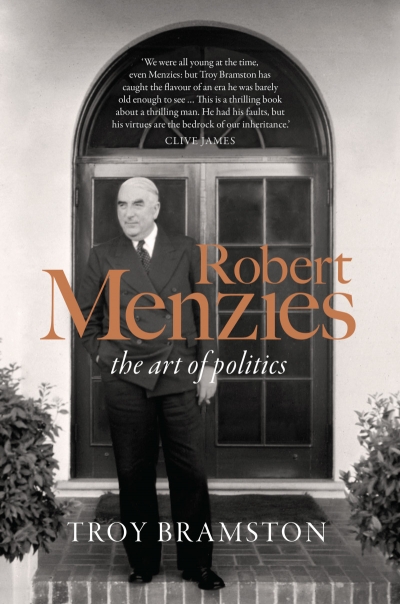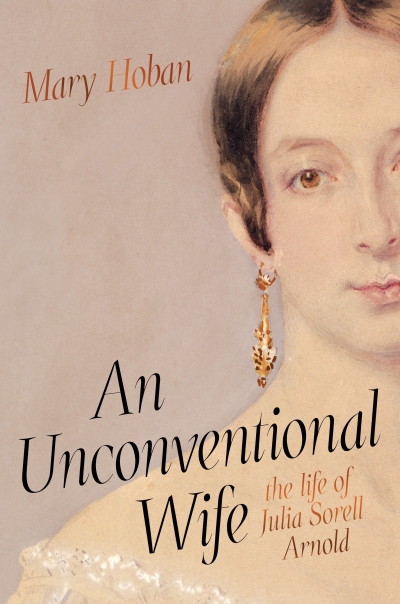Scribe
The Woman Who Cracked the Anxiety Code: The extraordinary life of Dr Claire Weekes by Judith Hoare
Ten Doors Down: The story of an extraordinary adoption reunion by Robert Tickner
Waters of the World: The story of the scientists who unraveled the mysteries of our oceans, atmosphere, and ice sheets and made the planet whole by Sarah Dry
Bank bashing is an old sport in Australia, older than Federation. In 1910, when Labor became the first party to form a majority government in the new Commonwealth Parliament, they took the Money Power – banks, insurers, financiers – as their arch nemesis. With memories of the 1890s crisis of banking collapses, great strikes, and class conflict still raw, the following year the Fisher government established the Commonwealth Bank of Australia, ‘The People’s Bank’, as a state-owned trading bank offering cheap loans and government-guaranteed deposits to provide stiff competition to the greedy commercial banks gouging its customers.
... (read more)Plots And Prayers: Malcolm Turnbull’s demise and Scott Morrison’s ascension by Niki Savva
An Unconventional Wife: The life of Julia Sorell Arnold by Mary Hoban
The plethora of crime stories is such that, in order to succeed, they must either follow a well-trodden narrative path and do so extremely well, or run with a high concept and hope for the best. Having the word ‘girl’ in the title doesn’t hurt. Readers are familiar with genre tropes ...
... (read more)
